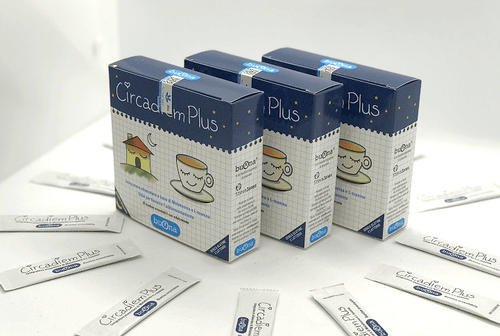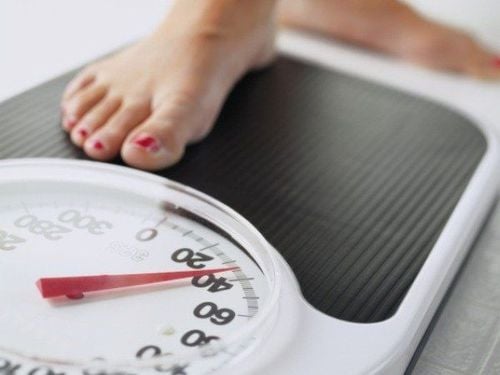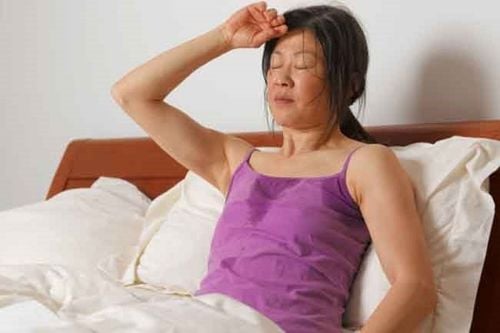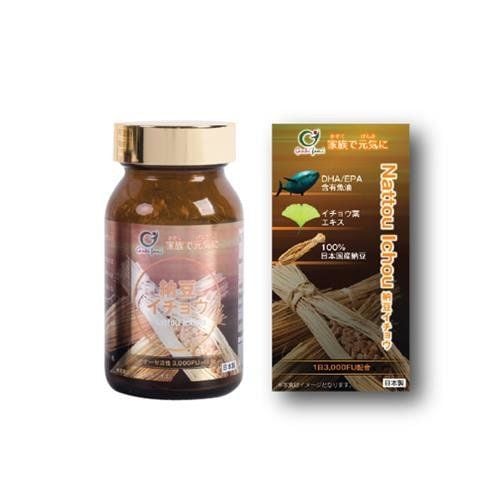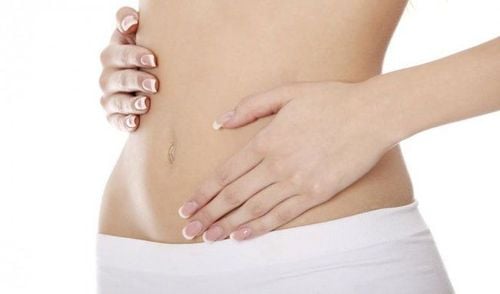This is an automatically translated article.
Women sweat a lot is a fairly common condition, although this condition is not life-threatening, but causes many troubles for those who encounter it. Here are some tips to help women stay dry.1. Limit spicy foods and caffeine
Caffeinated beverages, such as coffee, cola, and spicy foods, such as curries or hot peppers, can cause excessive sweating, especially on your face and head.
Keep a food and drink diary to help you determine which foods or drinks make you sweat a lot. Also, use milder herbs instead of strong spices to add more flavor to the dish.
2. Wash carefully
Shower daily, using mild detergent. You may feel the need to shower more than once a day. If odors bother you, try using an antibacterial soap to reduce bacteria on your skin. When bacteria combine with sweat, it causes an unpleasant odor. After bathing, be sure to dry completely as bacteria and germs thrive in wet conditions.
3. Control hot flashes and night sweats
If you are in menopause causing hot flashes or night sweats, there are many remedies. Apply a cool, wet washcloth to your skin or drink ice water to relieve hot flashes.
Prescription drugs and hormone therapy can also reduce hot flashes. Many women try alternative therapies with soy, black cohosh, dong quai root, ginseng, kava, red clover, or DHEA, but there is no convincing evidence of their effectiveness. Talk to your doctor to decide what's best for you to control hot flashes and night sweats.
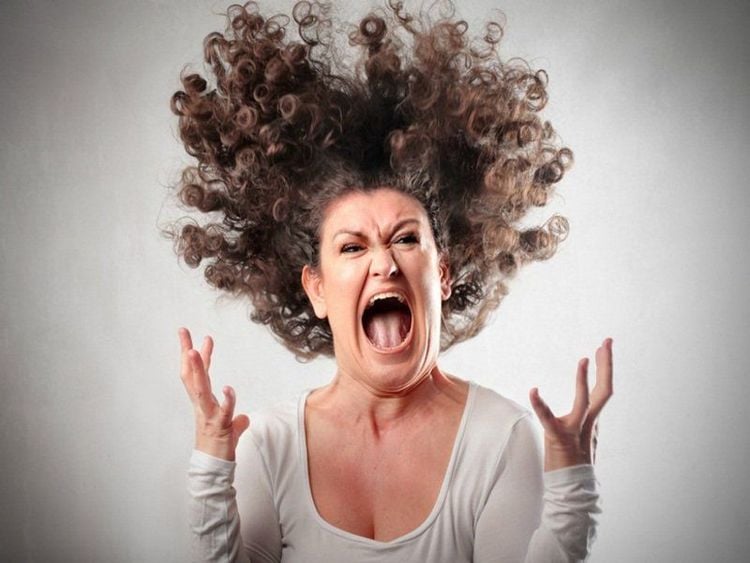
Đổ mồ hôi quá nhiều ở phụ nữ có liên quan đến những cơn bốc hỏa
4. Choose the right clothes
Loose clothing and natural fabrics like cotton help air circulate around the skin, helping to slow moisture build-up. When you exercise, wear soft fabrics to wick moisture away from your skin.
Be prepared to have an extra shirt or jacket in case you sweat too much. Patterned, black or white clothing especially hides sweat stains very well.
5. Stress relief
Stress can cause sweating, and excessive sweating can cause stress, which is like a vicious cycle. Relaxation techniques such as yoga, meditation, deep breathing, and biofeedback can help manage stressors and lessen the effects of sweating. Take a yoga class, pick up a guided photo CD, or just spend a little time each day meditating.
6. Find the right antiperspirant
Aluminum based antiperspirants work by blocking sweat ducts suitable for mild symptoms, products available in stores. Apply a thin layer of antiperspirant to towel-dried skin before bed.
The active ingredients may start working while you sleep. Then reapply in the morning. Deodorants reduce odors, but do not affect humidity. For severe symptoms, your doctor may recommend a prescription antiperspirant.
7. Foot care
If sweaty feet are a problem, avoid tights. Wear socks made of cotton or materials that absorb moisture from the skin and change them often. Make sure shoes are completely dry before putting them back on. This means not wearing the same shoes two days in a row.
Using absorbent insoles can also help. Go barefoot whenever possible. Antiperspirants aren't just for the underarms, you can also use them on your feet and hands.
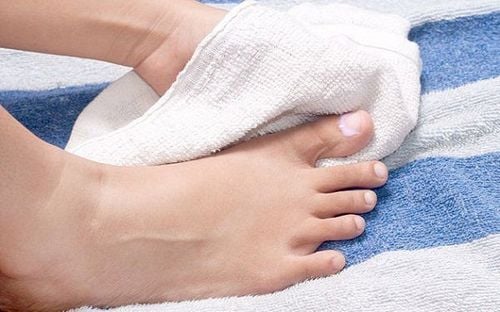
Phụ nữ đổ mồ hôi nhiều ở bàn chân thì cần chăm sóc chúng cẩn thận hơn
8. Keep the environment cool
Lower temperatures at home and work can help reduce sweating, open fans or air conditioners, or open windows to let air move. Drink plenty of cold water and take a cool shower. Wear layers of clothing that you can take off or add more layers as the temperature changes. In the summer, stay out of the sun and do moderate activities in the morning.
9. Stay healthy
Obesity, smoking and drinking can cause or enhance excessive sweating. Therefore, maintain a reasonable weight, say no to tobacco and limit excessive alcohol consumption. This not only reduces sweating, but also feels better and reduces the risk of many diseases.
10. Skin Protection
Wet skin folds are prone to irritant dermatitis and infection. Use underarm pads - small pads that stick to your clothes - to absorb sweat and protect your clothes. Change your clothes every day, wash them often, and make sure to dry them thoroughly before wearing them.
11. See a doctor
If your excessive sweating is causing problems in your life, talk to your doctor about treatments. Botox injections, low-level electrical currents, and certain medications can help reduce excessive sweating.
Call your doctor right away if you have a fever, weight loss, chest pain, or heart palpitations. Sweating along with any of these symptoms could be a sign of a serious health problem like thyroid disease, a tumor, an infection, or heart disease.
Above are the causes of sweating and the remedies that you can apply to see results day by day.
Please dial HOTLINE for more information or register for an appointment HERE. Download MyVinmec app to make appointments faster and to manage your bookings easily.
Reference source: webmd.com



